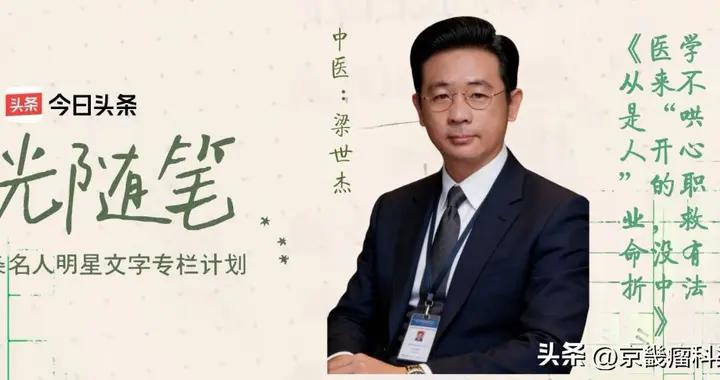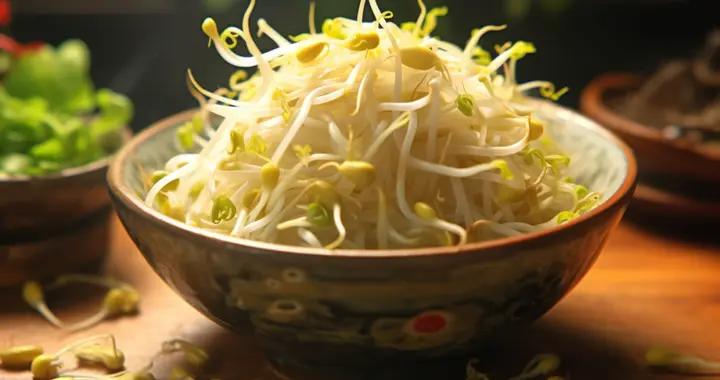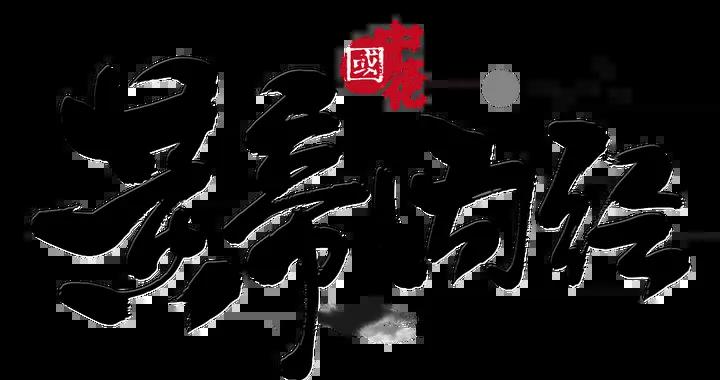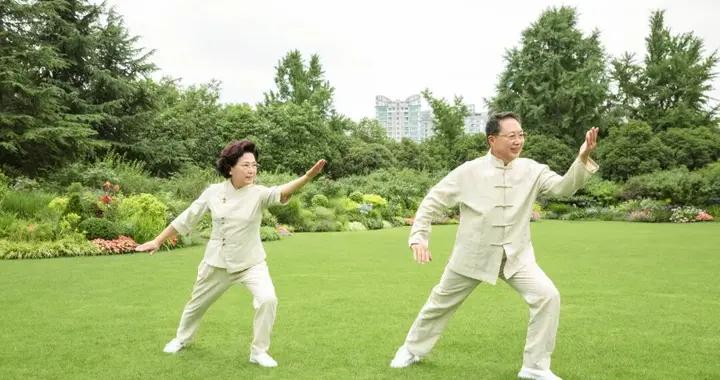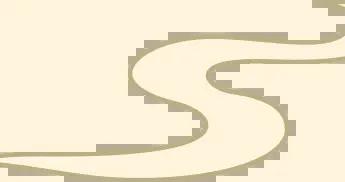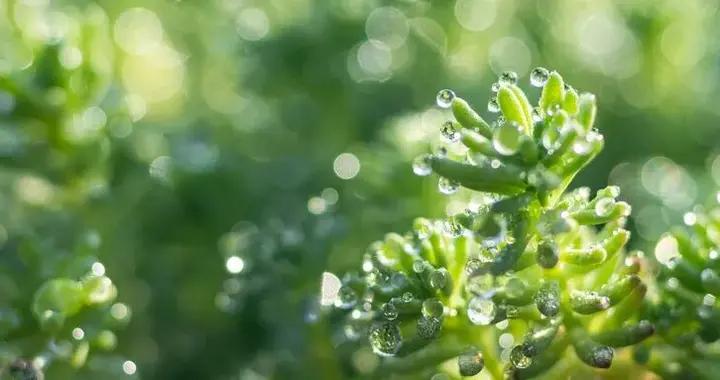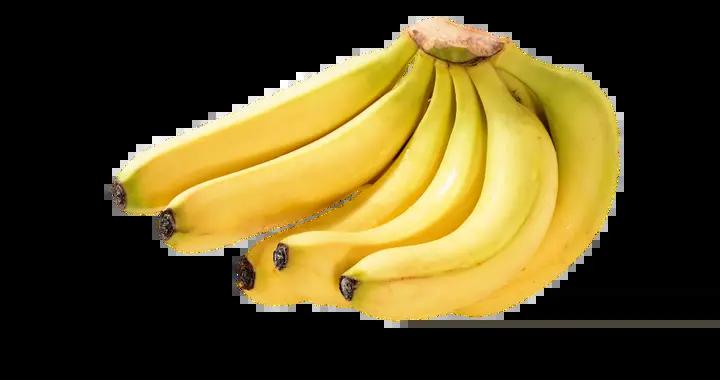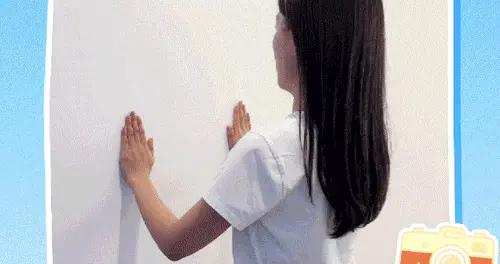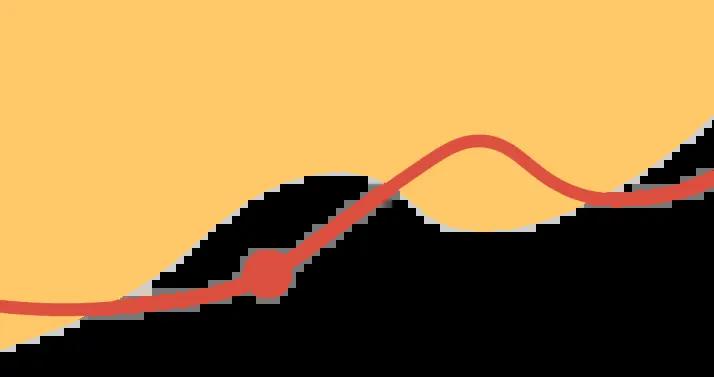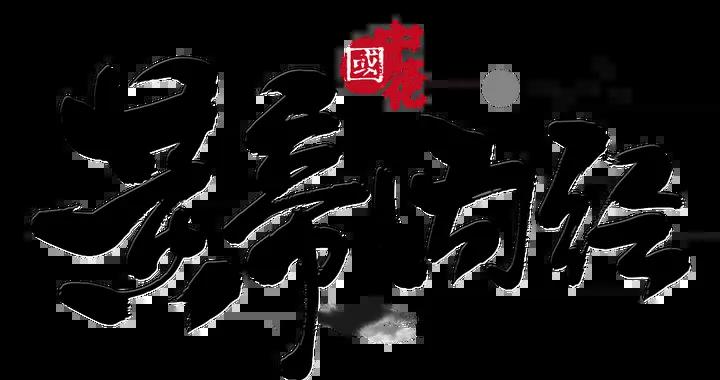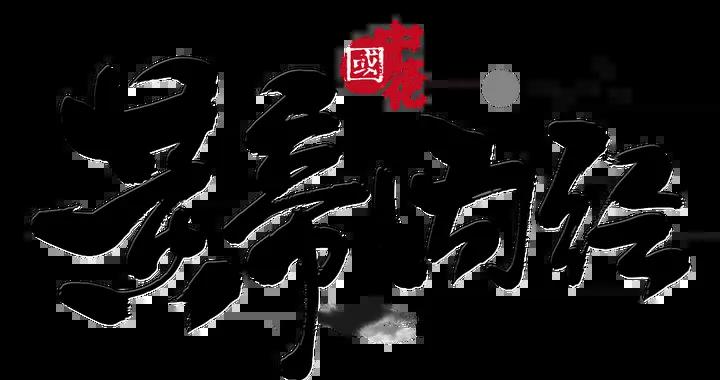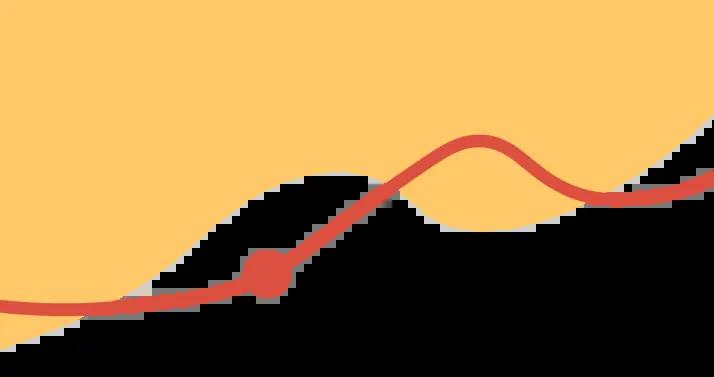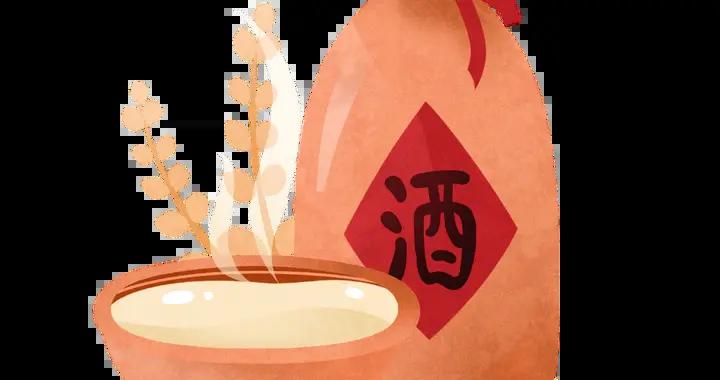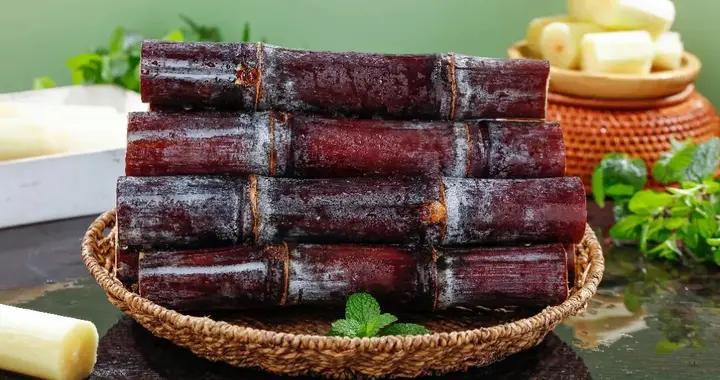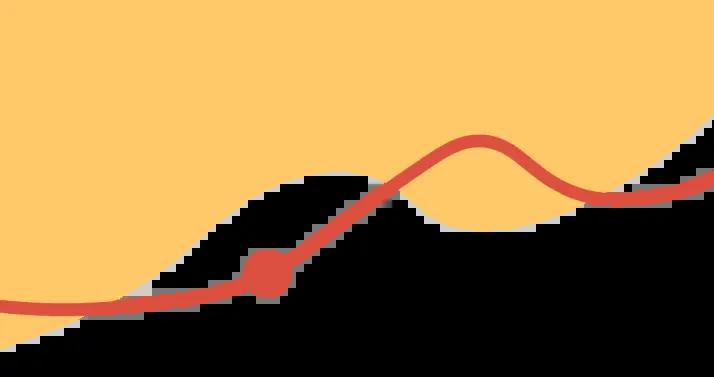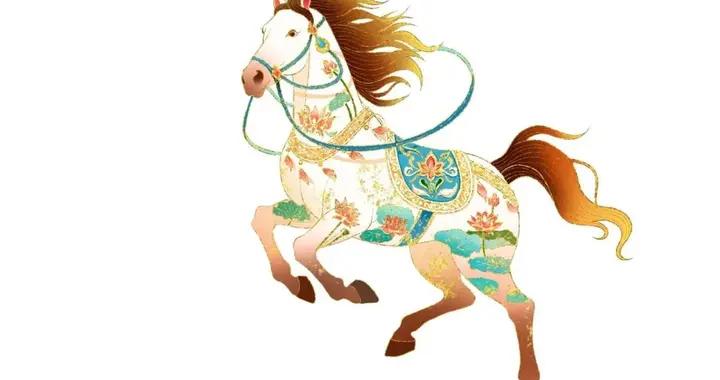中醫之路:在信任與責任中傳承與前行
在古老而神祕的中醫藥領域,每一位中醫都肩負着傳承千年文化與技藝的重任。他們不僅是醫者,更是文化的傳承者,技藝的守護者。然而,在這條漫長而艱辛的道路上,中醫們不僅要面對疾病的挑戰,更要面對人性的考驗。如何在行醫的過程中保護好自己,如何在信任與責任中找到平衡,成爲了每一位中醫必須面對的問題。
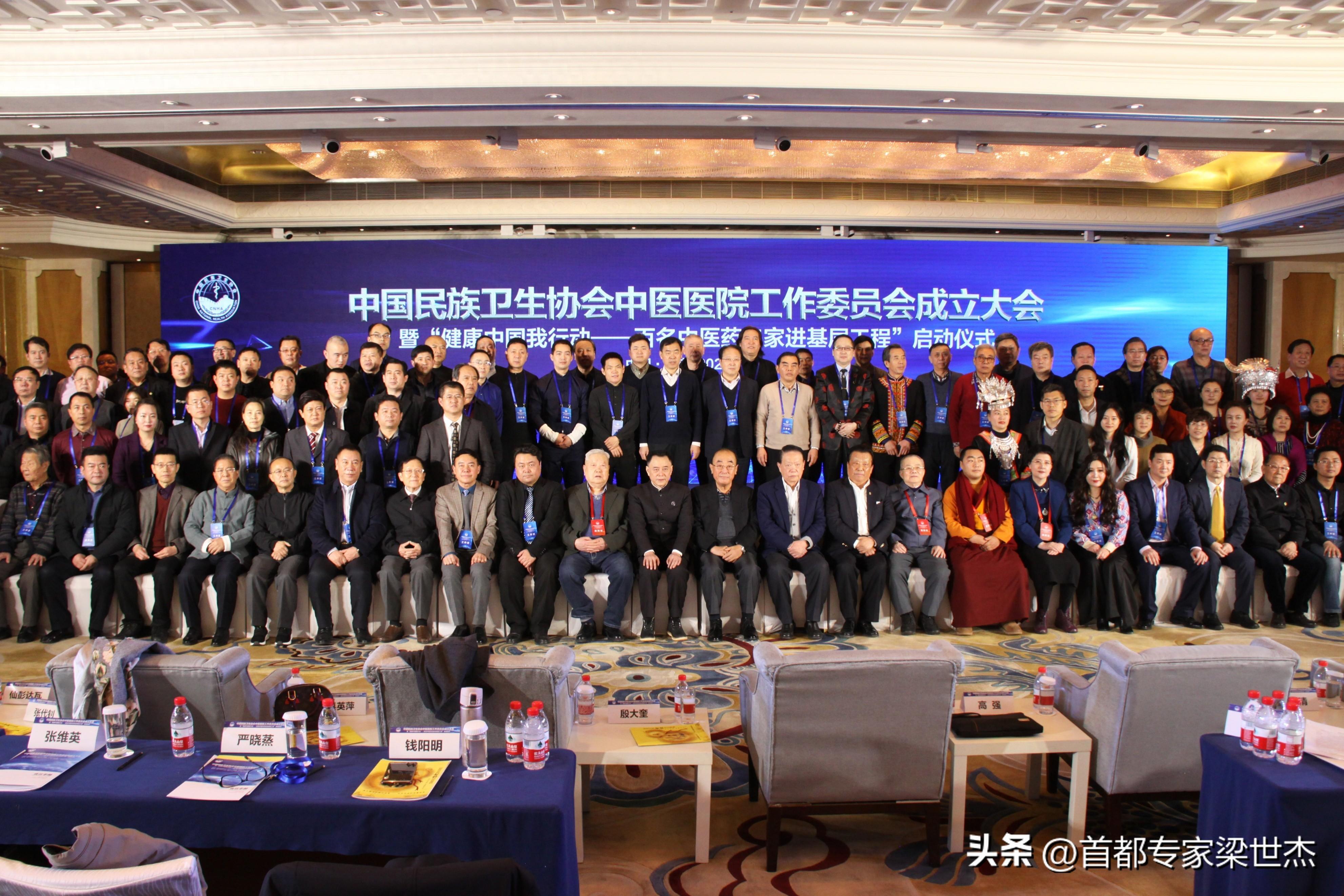
保護自己,方能傳承
中醫之路,道阻且長。在這條路上,中醫們首先要學會保護自己。這並非自私,而是爲了更好地傳承中醫藥文化和技藝。只有保護好自己,才能保持身心的健康,纔能有更多的精力去研究醫術、精進技藝,才能團結更多的同道和弟子,共同將中醫藥事業發揚光大。正如一位老中醫所言:“只有我們自己強大了,纔能有信心、有能力去影響和改變更多的人。”
信任與輕鬆:醫生的福音
在行醫的過程中,醫生與病人之間的信任是至關重要的。當病人對醫生充滿信任,溝通氛圍輕鬆融洽時,醫生可以更加專注於病情的分析與治療方案的制定。這種信任不僅讓醫生心情相對輕鬆,更能讓醫生將思想和精力都用在治病救人上。正如一位中醫所遇到的病人,他說:“醫生說怎麼治就怎麼治,醫生說什麼時候停就什麼時候停,一切聽醫生的。”這種信任讓醫生在治療過程中沒有心理負擔,能夠輕裝上陣,全力以赴。

疑慮與束縛:醫生的困境
然而,並非所有的病人都能給予醫生充分的信任。有些病人前怕狼後怕虎,對治療方案提出各種苛刻的要求。他們既要好得快,又要花錢少;既要療程短,又要沒有副作用。這種過度的疑慮和束縛不僅讓醫生在治療過程中束手束腳,更讓醫生揹負着沉重的心理負擔。正如一位中醫所感慨的:“這樣的病人讓我在治療時心理壓力過大,不能全身心地投入到治療當中去。”
醫生的選擇:人性的考驗
從心理學的角度上看,人類都有趨利避害的本能。醫生也不例外。在病人選擇醫生的同時,醫生也在無形中選擇着病人。這種選擇並非出於偏見或歧視,而是基於對人性的深刻理解和把握。醫生需要找到那些願意信任他們、願意與他們共同面對疾病挑戰的病人。這樣的病人不僅能讓醫生在治療過程中更加專注和自信,也能讓治療過程更加順利和有效。

生動舉例:信任的力量
曾經有一位老中醫,他擅長用中藥治療各種疑難雜症。在他的診所裏,有一位長期患有慢性胃病的病人。這位病人對老中醫充滿了信任,完全按照他的治療方案進行調養。經過幾個月的治療,病人的胃病得到了明顯的改善。他感慨地說:“是老中醫的信任和堅持讓我看到了希望,也讓我更加相信中醫藥的力量。”這位病人的故事在診所裏傳爲佳話,也激勵着更多的病人選擇信任中醫藥、選擇信任老中醫。

結語:在信任與責任中前行
中醫之路充滿了挑戰與機遇。在這條路上,每一位中醫都需要學會保護自己、學會與病人建立信任關係、學會在責任與壓力中找到平衡。只有這樣,他們才能在傳承中醫藥文化和技藝的道路上走得更遠、更穩。讓我們共同期待並祝福每一位中醫在這條道路上越走越好、越走越寬廣!
作者簡介:梁世傑 中醫高年資主治醫師,本科學歷,從事中醫臨牀工作24年,積累了較豐富的臨牀經驗。師從首都醫科大學附屬北京中醫院肝病科主任醫師、著名老中醫陳勇,侍診多載,深得器重,盡得真傳!擅用“商湯經方分類療法”、專病專方結合“焦樹德學術思想”“關幼波十綱辨證”學術思想治療疑難雜症爲特色。現任北京樹德堂中醫研究院研究員,北京中醫藥薪火傳承新3+3工程—焦樹德門人(陳勇)傳承工作站研究員,國際易聯易學與養生專委會常務理事,中國中醫藥研究促進會焦樹德學術傳承專業委員會委員,中國藥文化研究會中醫藥慢病防治分會首批癌症領域入庫專家。榮獲2020年中國中醫藥研究促進會仲景醫學分會舉辦的第八屆醫聖仲景南陽論壇“經方名醫”榮譽稱號。2023年首屆京津冀“扁鵲杯”燕趙醫學研究主題徵文優秀獎獲得者。事蹟入選《當代科學家》雜誌、《中華英才》雜誌。

The Road to Traditional Chinese Medicine: inheriting and moving forward in trust and responsibility
In the ancient and mysterious field of Chinese medicine, every Chinese medicine practitioner is responsible for inheriting thousands of years of culture and craftsmanship. They are not only healers, but also the inheritors of culture and the guardians of craftsmanship. However, on this long and difficult road, Chinese medicine practitioners must not only face the challenge of disease, but also face the test of humanity. How to protect yourself in the process of practicing medicine, and how to find a balance between trust and responsibility, has become a problem that every Chinese medicine practitioner must face.
Only by protecting ourselves can we pass on our heritage
The road to traditional Chinese medicine is a long one. On this road, traditional Chinese medicine must first learn to protect themselves. This is not selfish, but in order to better inherit the culture and craftsmanship of Chinese medicine. Only by protecting ourselves can we maintain our physical and mental health, have more energy to study medical science and refine our skills, and unite more fellow practitioners and disciples to jointly promote the cause of traditional Chinese medicine. As an old Chinese medicine practitioner said, "Only when we are strong ourselves can we have the confidence and the ability to influence and change more people."
Trust and Relaxation: The Gospel of Doctors
In the course of medicine, trust between the doctor and the patient is essential. When the patient trusts the doctor and the communication atmosphere is easy and harmonious, the doctor can focus more on the analysis of the condition and the formulation of treatment. This trust not only puts doctors in a relatively relaxed mood, but also allows doctors to devote their thoughts and energy to healing people. As a patient encountered by a Chinese medicine practitioner said, "The doctor will treat the patient as he says, and the doctor will stop when he says it. Everything is up to the doctor." This trust allows doctors to have no psychological burden during the treatment process and to be comfortable and give their fullest effort.
Doubts and constraints: The Doctor''s Dilemma
However, not all patients can trust their doctors fully. Some patients are afraid of the wolves and afraid of tigers and make a variety of demands on the treatment plan. They want to get better quickly and spend less money. It should be a short course of treatment without side effects. This excessive doubt and restraint not only makes doctors restrained during the treatment process, but also places a heavy psychological burden on doctors. As one traditional Chinese medicine practitioner observed: "Such patients put me under too much psychological pressure during treatment, and I cannot devote my wholehearted attention to the treatment."
The Doctor''s Choice: A Test of Human Nature
From a psychological point of view, human beings have an instinct to seek advantage and avoid harm. Doctors are no exception. While the patient chooses the doctor, the doctor also invisibly selects the patient. This choice is not motivated by prejudice or discrimination, but is based on a deep understanding and grasp of human nature. Doctors need to find patients who are willing to trust them and who are ready to work with them to face the challenges of their disease. Such patients not only make doctors more focused and confident during the treatment process, but also make the treatment process smoother and more effective.
A vivid example: the power of trust
There was once an old Chinese medicine practitioner who was very good at using Chinese medicine to treat various difficult diseases. In his practice, there was a patient with chronic stomach problems. The patient was full of trust in the old Chinese medicine and kept up with his treatment plan. After several months of treatment, the patient''s stomach problems improved significantly. "It was the trust and persistence of traditional Chinese medicine that gave me hope and made me more convinced of the power of traditional medicine," he said. The patient''s story has become a great story in the clinic, and it has also inspired more patients to choose to trust Chinese medicine and choose to rely on traditional Chinese medicine.
Conclusion: Moving forward in trust and responsibility
The road to traditional Chinese medicine is full of challenges and opportunities. On this path, every Chinese medicine practitioner will need to learn to protect himself, to build trusting relationships with his patients, and to find a balance between responsibility and stress. Only in this way can they go further and more steadily in the path of inheriting Chinese medicine culture and craftsmanship. Let us all look forward to and wish each Chinese medicine practitioner every success and expansion on this path!
Author Bio: Liang Shijie is a senior medical practitioner in traditional Chinese medicine with an undergraduate degree. He has been engaged in traditional medicine clinical work for 24 years and has accumulated a wealth of clinical experience. Following Chen Yong, chief physician of liver disease at Beijing Traditional Medicine Hospital, affiliated with Capital Medical University, and renowned old Chinese medicine, he has been treated for many years and received great attention. He specializes in the treatment of difficult diseases using "conversational traditional therapy" and special treatments combined with the academic ideas of Jiao Shude and Guan Yubo''s ten-level diagnosis.He is currently a researcher at the Shude Tang TCM Research Institute in Beijing, a fellow at the new 3 + 3 project of traditional Chinese medicine flame inheritance in Beijing - a scholar at the inheritance workstation of Jiao Shude''s protégés (Chen Yong),He is a standing committee member of the International Expert Committee on E-learning and Health Care, a member of the Jiao Shude Academic Heritage Special Committee of the Chinese Association for the Advancement of Chinese Medicine Research, and the first cancer specialist to be included in the chapter of the Chinese Pharmaceutical Culture Research Association. Won the 2020 China Association for the Promotion of Traditional Chinese Medicine Zhongjing Medical Branch held the eighth session of the Medical Saint Zhongjing Nanyang Forum "Classic Prescription Famous Doctor" honorary title. The winner of the first Beijing-Tianjin-Hebei "Pingui Cup" Yanzhao Medical Research Essay Award in 2023. His work was featured in the journal Current Scientist and the journal Chinese Talent.
